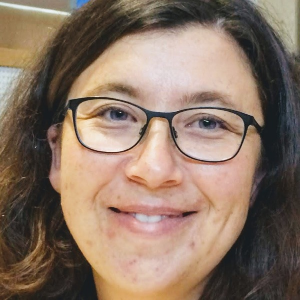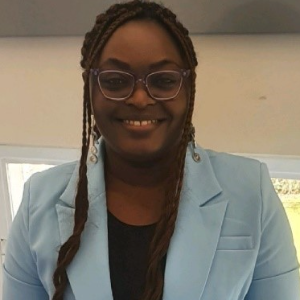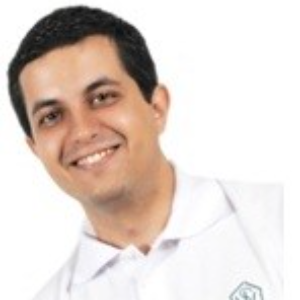VET 2025_ Event Postponement
This is to inform that due to some circumstances beyond the organizer control, "2nd Edition of International Conference on Veterinary Science" (VET 2025) June 09-11, 2025 | Hybrid Event has been postponed. The updated dates and venue will be displayed shortly.
Your registration can be transferred to the next edition, if you have already confirmed your participation at the event.
For further details, please contact us at veterinary@magnusconference.com or call + +1 (702) 988 2320.
Stem Cell Therapy
The use of stem cells to treat or prevent a disease or condition is known as stem-cell therapy. The cells are normally obtained from bone marrow transplantation, although they can also be obtained from umbilical cord blood. The development of various sources for stem cells, as well as the use of stem-cell therapy for neurological illnesses and conditions including diabetes and heart disease, is currently underway. Following breakthroughs such as scientists' capacity to collect and culture embryonic stem cells, produce stem cells utilising somatic cell nuclear transfer, and apply procedures to create induced pluripotent stem cells, stem-cell therapy has become contentious. To date, stem cells have been employed to treat a number of diseases in various animal species, largely on an experimental basis. Regenerative veterinary medicine began with an emphasis on orthopaedic disorders, but it is now rapidly growing to include orodental and digestive tract ailments, as well as cardiac, liver, renal, respiratory, neuromuscular, cutaneous, olfactory, and reproductive system diseases. In dogs and horses, stem cell treatments were most commonly used to treat disorders of various organ systems, while in cats, they were used to treat respiratory, renal, and inflammatory diseases.
- Regenerative Medicine
- Clinical Use
- Safety and Regulatory Aspects
- Applications of Stem Cell

Marco Polettini
DVM, Italy
Andreia Freitas
INIAV/REQUIMTE, Portugal
Andreia Freitas
INIAV/REQUIMTE, Portugal
Kedibone Gloria Kgosana
Sefako Makgatho Health Sciences University, South Africa
Nnenna Ugwu
Anglia Ruskin University, United Kingdom
Rubens Dias de Melo Junior
Universidade Federal de Goiás, BrazilSubmit your abstract Today
Important Alert:
X


Title : Analyzing veterinary medicine residues in food: A comprehensive guide
Andreia Freitas, INIAV/REQUIMTE, Portugal
Title : Quantifying changes in facial expression following hot-iron disbudding under procaine hydrochloride and meloxicam treatment in Holstein dairy calves
Nnenna Ugwu, Anglia Ruskin University, United Kingdom
Title : Trypanosoma vivax in and outside cattle blood: Parasitological, molecular, and serological detection, reservoir tissues, histopathological lesions, and vertical transmission evaluation
Rubens Dias de Melo Junior, Universidade Federal de Goiás, Brazil
Title : Characterization of porcine rotaviruses in the Czech Republic
Romana Moutelikova, Veterinary Research Institute, Czech Republic
Title : Determination of Circulating Foot-and-Mouth Disease Virus Serotypes in Kenya (2023)
Hellen Mutua, Foot and Mouth Disease National Reference Laboratories, Kenya
Title : Welfare for Amazonian wild animals
Eliane Cardoso Carvalho Moraes, Jungle Warfare Training Center/ Army, Brazil